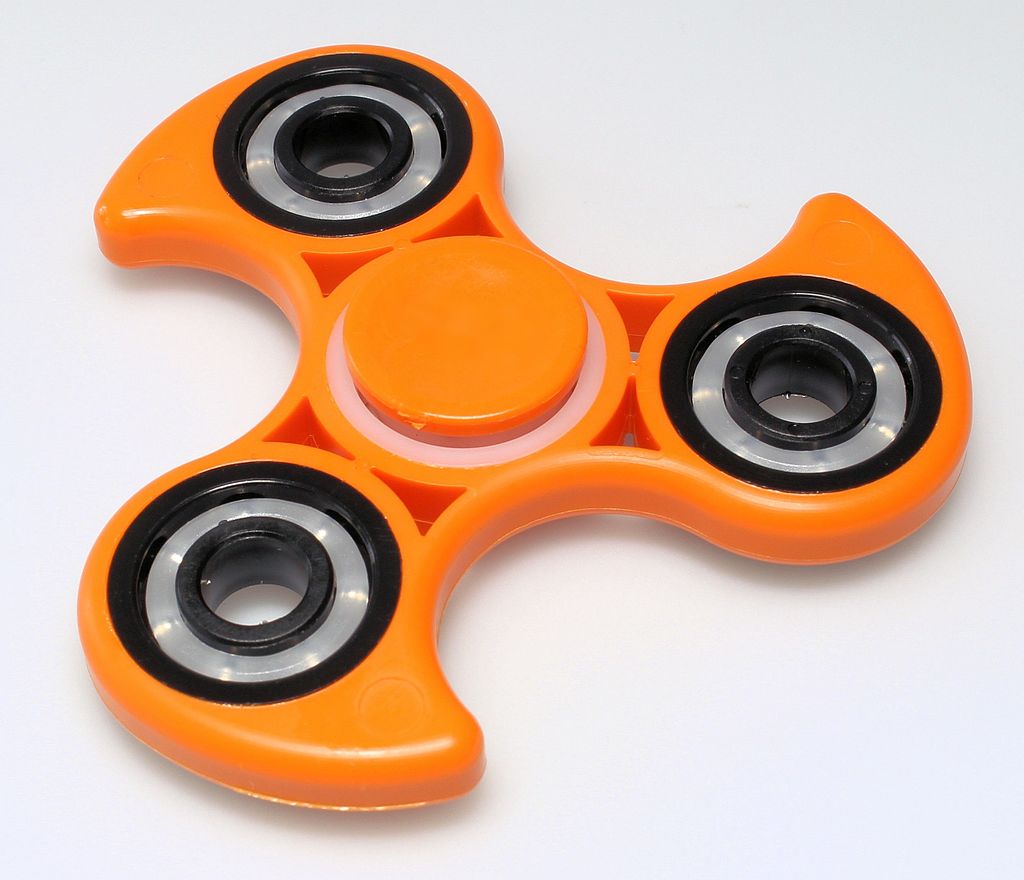You may not have heard of fidget spinners, but they’re a bit of a craze in elementary schools these days. The little, hand-held toys are touted as a way to keep a fidgety child more focused in the classroom. But some teachers say they can be distracting. In fact, some schools in the U.K, have banned them.
Claire Heffron, is an occupational therapist and a co-author of the blog The Inspired Treehouse, which focuses on child development. She says the toys tow the line between toy and tool, but – when used correctly – they can help children to succeed in classes.
“Kids need to move to learn. Kids are just movers, that’s what they do with their bodies,” Heffron says. “There are some kids though who have even more trouble maintaining their attention and their focus and staying in their seats during the day and so as a therapist, I might recommend one of these tools for a teacher to use with a student in a classroom.”
Though Heffron says the toys have their uses, she says they may be distracting for students if they’re either incorrectly prescribed.
“If it’s a distraction it’s clearly not a fit,” Heffron says. “If i tried it with a kid and it didn’t work out, I would pull that one and try something different.”
Heffron says teachers can solve this problem by introducing fidget spinners into the classroom with a different mindset.
“It’s kind of overflowed into toy territory when everyone is using them and maybe when they’re not introduced as a tool or framed as a tool in the classroom,” Heffron says.
Though fidget spinners may not work for everyone, Heffron says she hopes their arrival will be the impetus for wider discussions about the need for more active classrooms.
“What I would really love to see teachers and schools…[incorporating] this idea as part of a classroom culture and [making] it sort of the norm,” Heffron says. “I think it’s kinda cool for kids who really need these tools that now these are becoming sort of mainstream and it’s not something that’s gonna make you stand out. It’s something that really everyone can benefit from, but it really needs to be targeting to the specific needs of the kids.”
Written by Morgan O’Hanlon.
















